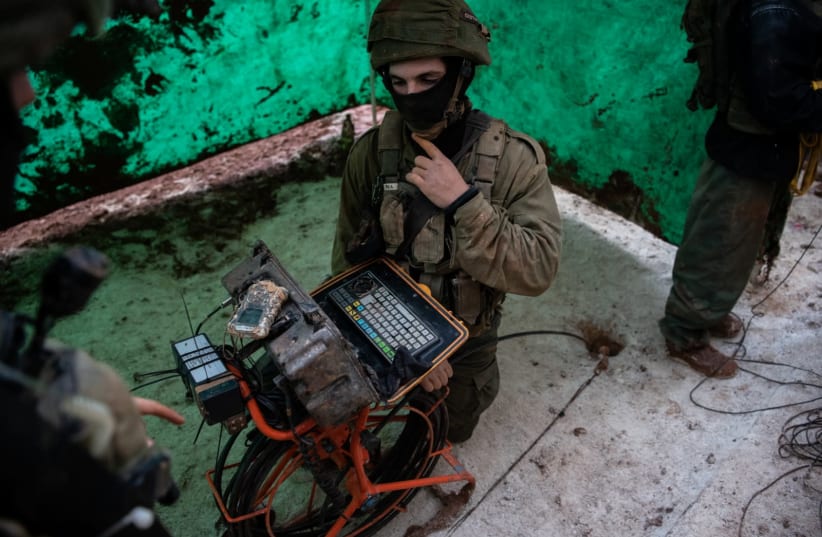Anna Ahronheim and Zachary Keyser contributed to this report.Press Statement: #UNIFIL statement on the discovery of tunnels along the Blue Line in south #Lebanon : https://t.co/W77lH2apSA
— UNIFIL (@UNIFIL_) December 17, 2018

Anna Ahronheim and Zachary Keyser contributed to this report.Press Statement: #UNIFIL statement on the discovery of tunnels along the Blue Line in south #Lebanon : https://t.co/W77lH2apSA
— UNIFIL (@UNIFIL_) December 17, 2018